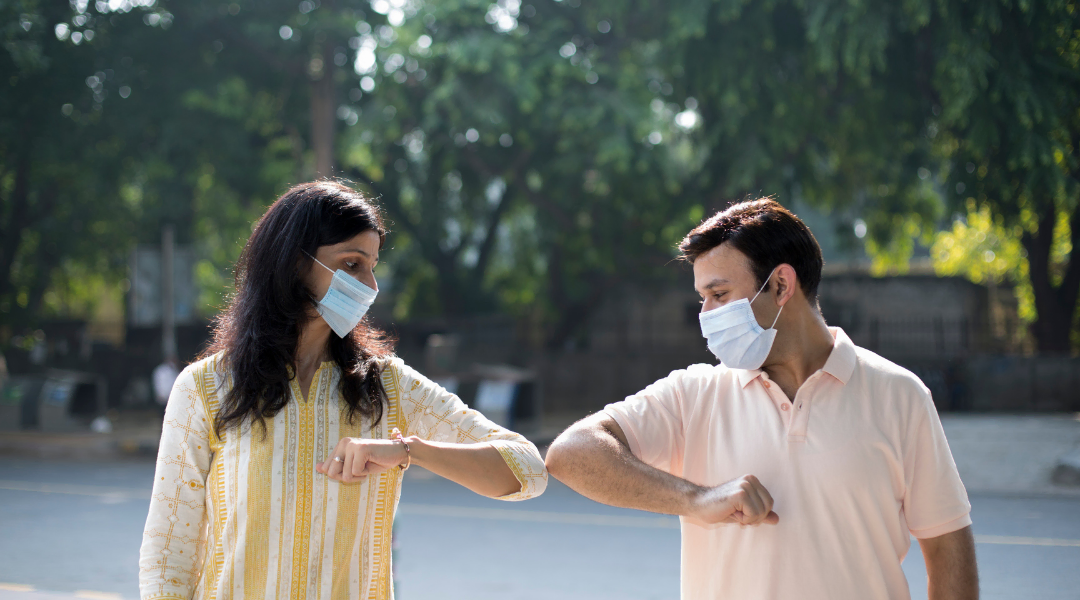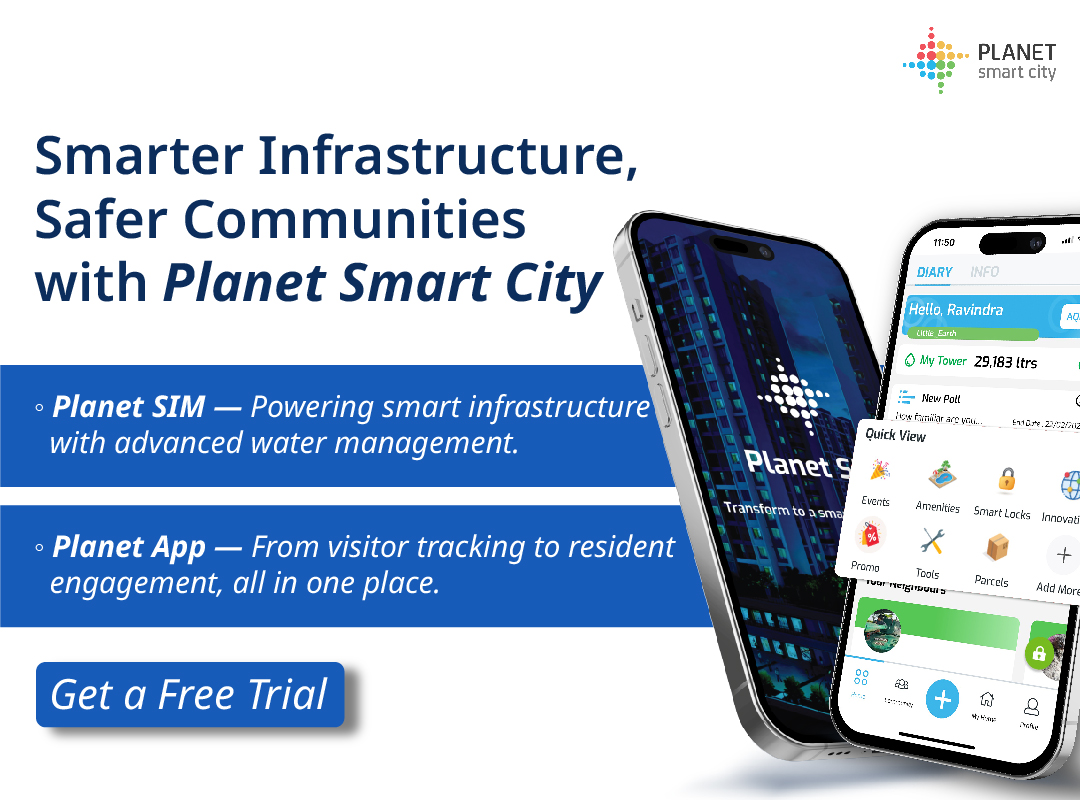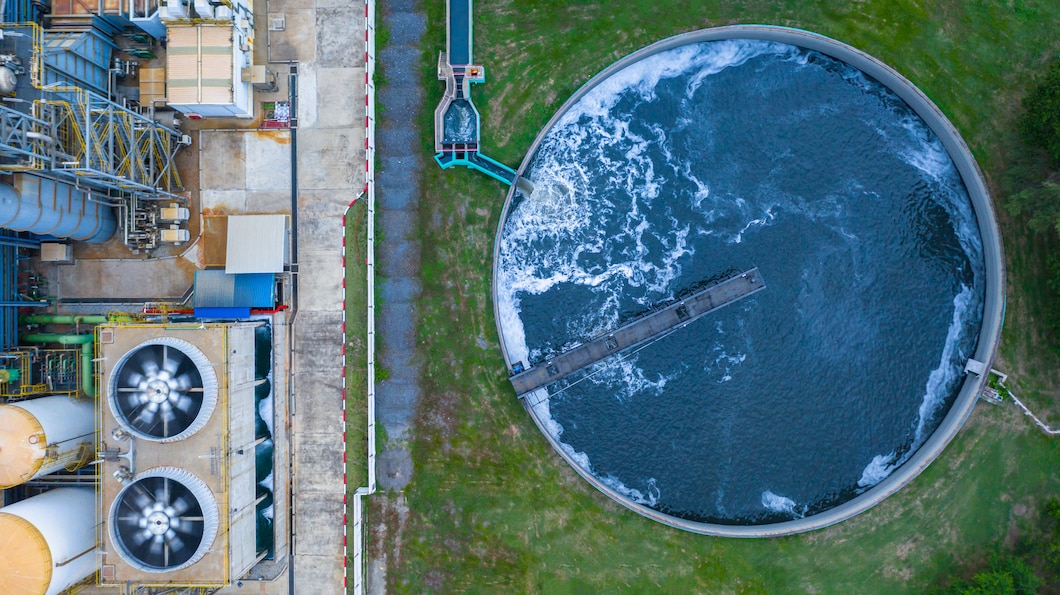How COVID-19 can change what people think about smart communities?

The COVID-19 pandemic and the ensuing global lockdown has brought to light a number of deficiencies in today’s cities and communities. Though it is important to take a cue from this unprecedented event and plan for the future, it is also necessary that we learn the right lessons to build stronger, smarter communities.
It is easy to think, like many others, that a post-COVID smart community is one that has the latest gadgets like temperature sensors and atmospheric pollutant sensors. And while these are important and beneficial, they are still an extension of the old-fashioned, reactive approach. When I discuss internally with my team on what are the lessons that we can take from the COVID-19 pandemic, two things keep cropping up – maintaining a trusted flow of information to all residents and giving residents a platform to mobilize quickly to help each other in times of adversity. Let’s take the first one – information. In any crisis, having access to a trusted source of information is vital. When this becomes unavailable, people tend to recede into a bubble. During the current scenario, we have seen this happen far too many times – there is so much contrary information flowing that it becomes hard to separate the credible from the false.
This has led to decisions that have put individuals and entire communities at risk of infection from COVID-19. In such times, from a community perspective, we have the opportunity to create a local environment of trust and to share information that is credible and balanced.
With the help of the residents themselves along with our other partners in the community, we can create a single source that provides access to the right information to everyone within the community and is aligned with the governmental agencies or experts. Second and very crucial point is collaboration. The pandemic brought a lot of uncertainty and confusion with it. Something as simple as going to the local kirana store to buy supplies became a challenge. There were certain segments of the society who were more vulnerable and faced challenges in accessing even daily sustenance and necessities. In India, the plight of migrant workers is well-documented. Social media played a big role in making the general population aware of their plight and helping to mobilize efforts. However, smart communities already have these tools readily available, which can provide a platform for residents to volunteer and organize in case of natural disasters or emergencies.
For example, in our case we are looking at how our in-house digital platform, Planet App, can be used by residents to mobilize even more quickly. Another advantage of having one’s own digital platform instead of relying on a third-party social platform is that the communication becomes very local and targeted. In my opinion, access to information and collaboration are the two areas that are going to be really important in the post-COVID world. How successful communities are in integrating them in their fabric is what will separate the smart communities from the smarter communities.
Alan Marcus
Chief Digital Strategy Officer
Planet Smart City




